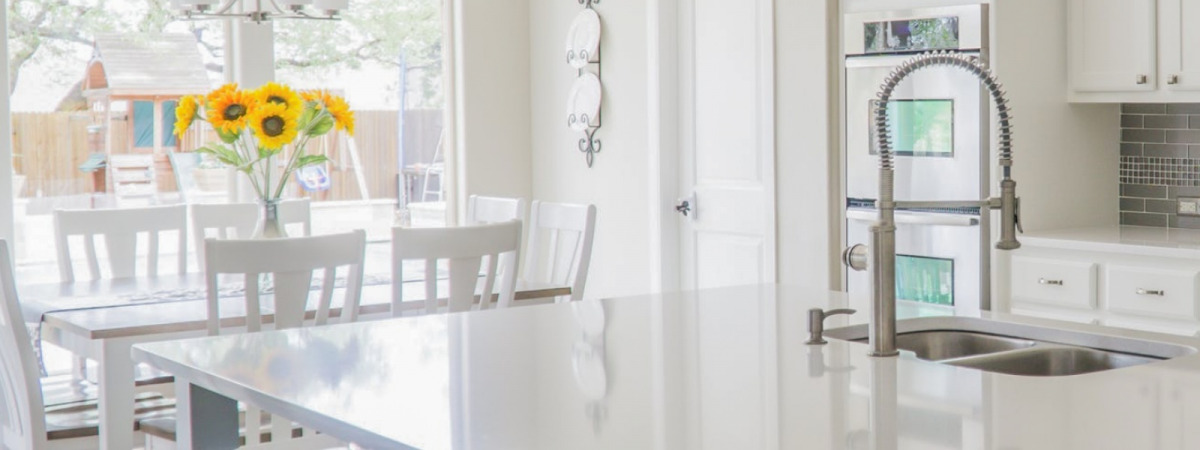FAQs
Frequently Asked Questions
How long will my water heater last, and when should I replace it?
The average life span of a residential water heater is 10-15 years, but it can range from 1-30 years in particular situations. Warranties are usually 1-3 years for working parts and 5-10 years against tank leaks. Lifespan will vary with the heater's quality, the water quality, the installation environment, and usage patterns. When you start having problems with a heater that is more than 10 years old, we usually recommend replacing it rather than attempting repairs. If your heater is located in a spot where a leak could cause significant damage, it may be wise to replace it preemptively before you start to experience problems.
Are on-demand water heaters better than conventional tank heaters?
Each has its advantages and disadvantages. On-demand heaters often (but not always) take up less space. On-demand heaters will keep up with a low or moderately hot water demand indefinitely (i.e. 1 or 2 fixtures being used at a time). However, they will not keep up with a high demand for hot water (i.e. 3 or more fixtures being used at a time). A tank heater can usually meet the higher demand, but only for a short time. Tank heaters heat the water much more slowly, but that tank acts as a buffer against short periods of heavy usage. On-demand heaters are usually more fuel-efficient, but the dollar savings in fuel is not huge for most applications. High installation and maintenance costs for on-demand units often more than cancel the savings from lower fuel costs.
Why do we run out of hot water now? We never used to.
- Increased usage patterns (i.e. more family members, more teenagers, and/or longer showers).
- Partial mechanical failure of the heater.
- Colder incoming water (usually a seasonal issue).
- Failed Pressure Reducing Valve where water enters the house. This can cause excessive water pressure, which leads to excessive water volume to showers. In turn, this can reduce the amount of time that the water heater can keep up.
Should we turn up our water heater to the highest temperature setting to increase our available hot water?
Only if you have a code-compliant tempering valve installed to mix the water back down to a safe temperature before it gets to the point of use. Water temperatures over 120 degrees can cause scalding. The high setting on a residential water heater will often produce water at 140 or higher, which can cause severe scalding in just a few seconds.
Why is our garbage disposer so noisy?
The most common causes are:
- Noisy design
- Worn out cutting blades
- A foreign object fell into the unit, often a coin or other small metal object
Do you have more questions we didn’t answer? We’d love to help.

